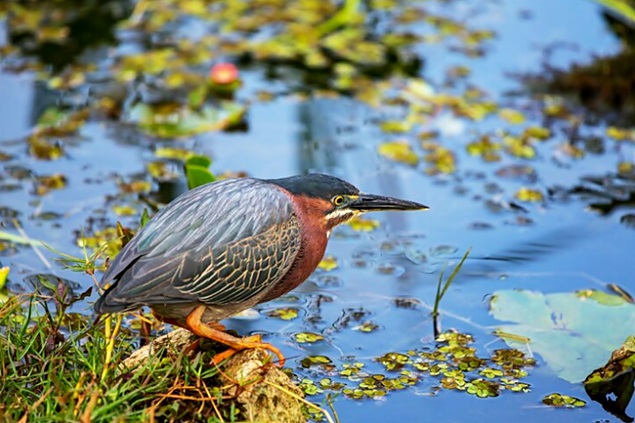1089

According to the European Food Safety Authority (EFSA), highly pathogenic avian influenza (HPAI) continues to circulate widely among wild birds in Europe, causing high mortality, while the situation in poultry has improved. Epidemiological investigations into an outbreak in cats in Poland are underway.
Many species are affected
The risk to the general public remains low, according to the latest report on avian influenza by the European Food Safety Authority (EFSA), the European Centre for Disease Prevention and Control (ECDC), and the EU Reference Laboratory (EURL).
HPAI has affected a wide range of wild bird species from the northernmost parts of Norway to the Mediterranean coast. Seabirds have now been found dead not only along the coasts but also inland. EFSA recommends active surveillance of the disease in wild birds, especially waterbirds, to understand the circulation and maintenance of different HPAI viruses.
Most of the wild mammals affected by HPAI are carnivores that hunt wild birds, feed on dead wild birds, or both. Twenty-four domestic cats and one captive caracal (also known as a desert lynx) have tested positive for HPAI A(H5N1) in Poland, with some of them developing severe clinical signs leading to death.
The source of the infection remains uncertain, as there has been no demonstrated transmission from cat to cat or from cat to human so far. The presence of antibodies has been detected in five dogs and one cat without clinical signs at an Italian farm affected by an outbreak of HPAI in poultry.
EFSA recommends increased surveillance of HPAI viruses in wild and freely moving domestic carnivores in high-risk areas and avoiding exposure of carnivorous pets to dead or sick animals (both mammals and birds).
Low risk for the general population
ECDC has assessed that the risk of HPAI infection in Europe remains low for the general population and low to moderate for individuals professionally exposed or otherwise exposed to infected birds or mammals (wild or domestic).
To further reduce the risk of infection, experts recommend raising public awareness to avoid exposure to dead or sick seabirds or mammals.





